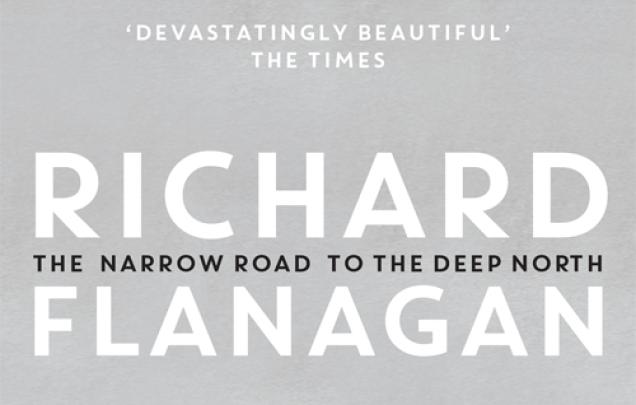The Narrow Road to the Deep North by Richard Flanagan
Shortlisted

JUDGES' COMMENTS
In its portrayal of the experience of the World War II prisoners who built the Thai-Burma railway, The Narrow Road to the Deep North gives new voice to a generation of Australian men who went to war, endured, returned – and who continued to remain silent on so much of what they had seen and felt. Through the doctor-soldier Dorrigo Evans, whose personal failings sit uncomfortably with his heroic efforts on behalf of the war’s hurt and dying, the novel moves fluidly between the grind and pain and death on The Line, and the decades of personal reckoning that follow.
This might be taken as a novel on the devastation of war, whose catalogue of horrors requires bounding with literary ironies such as the title, borrowed from the haiku by Matsuo Basho – a classic rendering of travels in 17th century Japan, written by a poet in pursuit of a simple existence and spiritual enlightenment. There is irony, too, in the use of haiku to situate and comment on the character of an otherwise brutal Japanese protagonist. But as the novel earns admiration for its literary qualities, it also offers something more, honouring the men and women of a generation, movingly drawing the contours and hues of a cloud that for many would never lift.